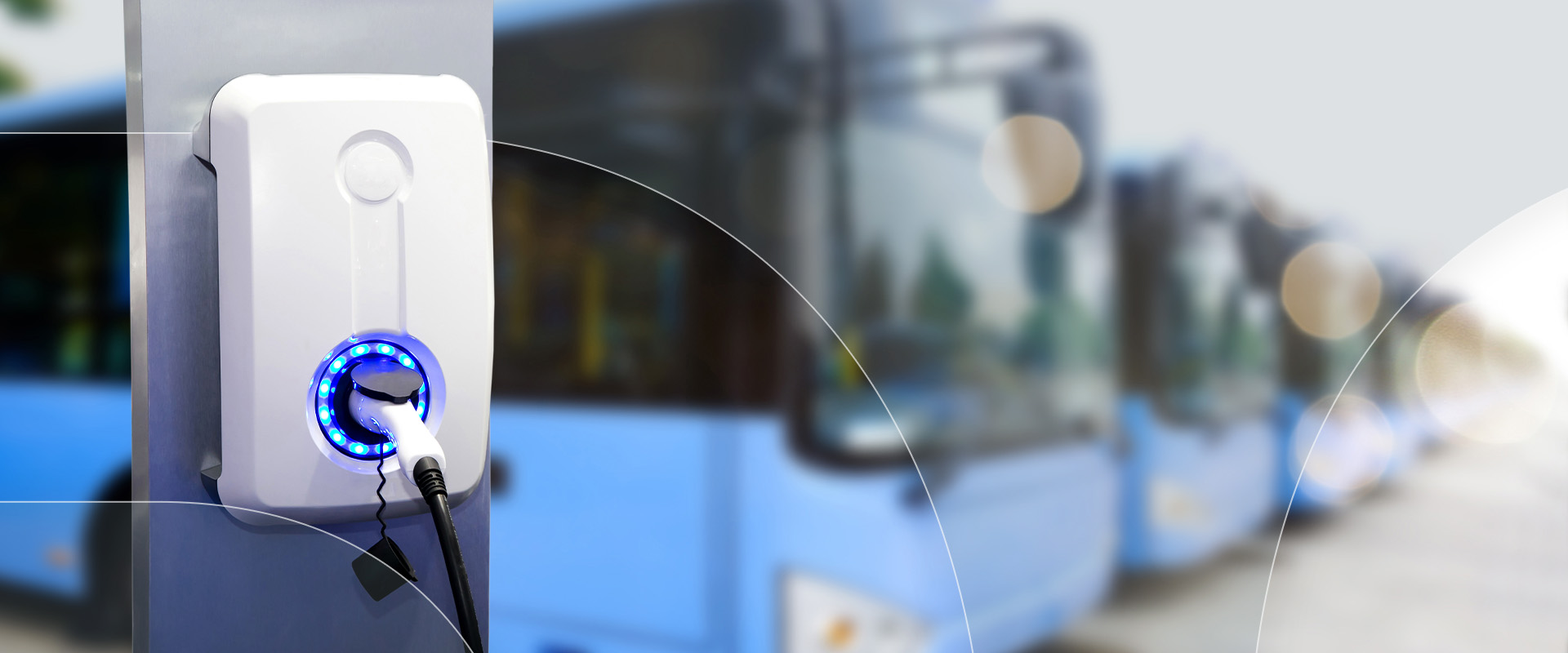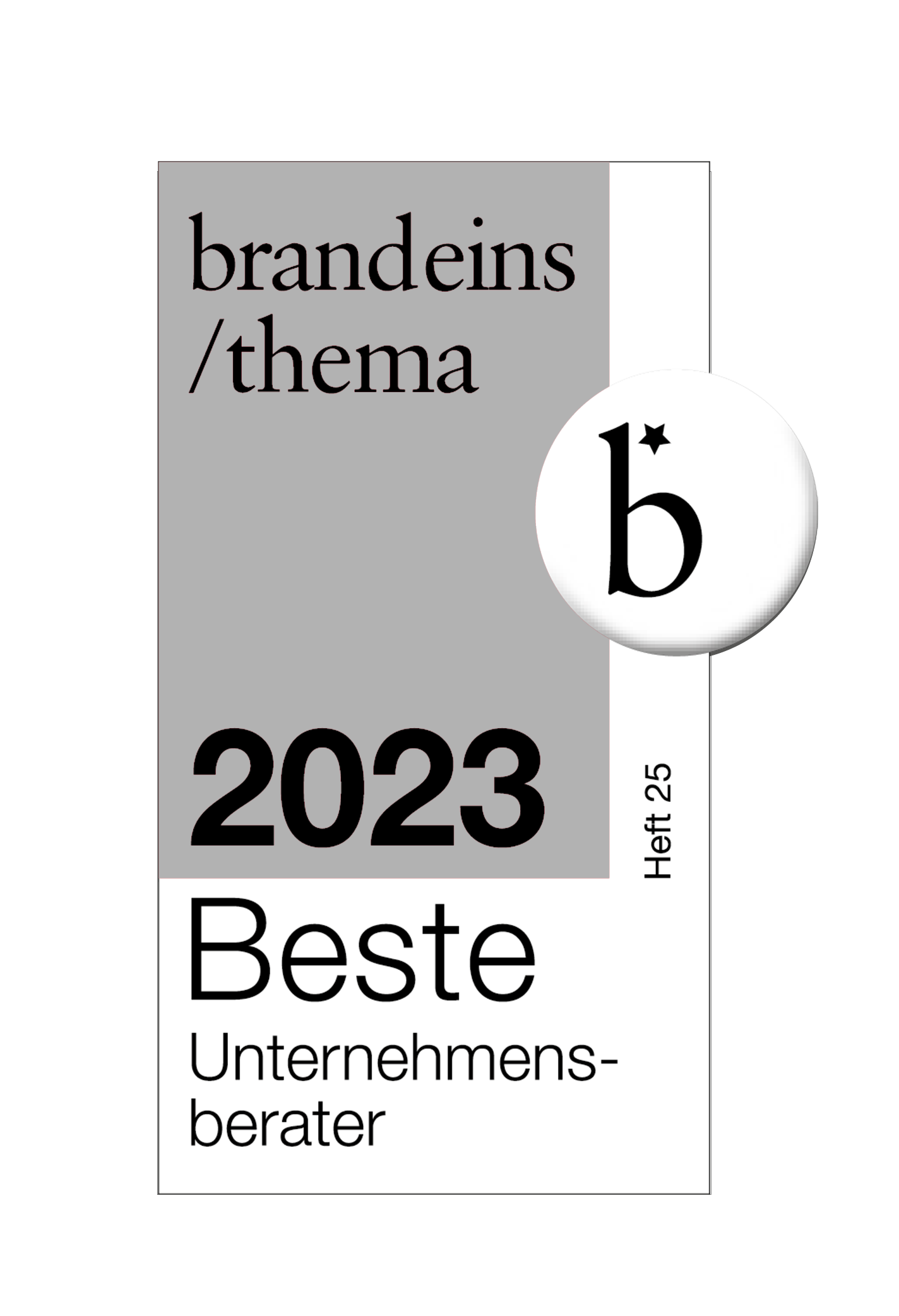Data handling is becoming increasingly important for urban development: The challenges of social and traffic planning, utilities and many more areas of life can be handled more effectively through digitalization. However, this requires the networking and use of data in terms of a data infrastructure that focuses not only on technological elements.
The city is a phenomenon of divides: It stands for the contrast between stabilization and renewal, reaction and progress, centralization and decentralization, work and culture. As an organism, it is in a never-ending process of change. Structures and systems prove themselves or are replaced. The changes to which the concept of a city is subject, the rapid technological and social and demographic change, the multitude of new development scenarios determine the success of the city. Not only aspects such as resilience, self-sufficiency and demographic adaptation are playing an increasingly important role, but also the confrontation with often disruptive trends such as e-commerce, co-living, working from home, etc.
Each attempt to design a city on a drawing board and manage every detail of it cannot work. Because the perfect smart city leaves its inhabitants no zones of freedom and improvisation. In doing so, it eliminates the very factors that a city needs as a resource for its natural development. Planned cities like Masdar City in Abu Dhabi function as spaces for experimentation, but they do not reflect the extreme complexity of a living, evolved city.
Sustainable smart city concepts therefore focus on how an interplay of intelligent technologies can support key aspects of the city of the future. The connecting element is primarily networked infrastructures, databases and clouds, which are becoming the technological foundation of smart cities. The great challenge lies in integrating smart technologies into existing structures in such a way that functioning systems are not replaced but expanded and optimized.
Data as the foundation of the smart city
Structural technological conditions must be created so that digitalization can develop successfully and/or technologies such as sensors, analytics and clouds can be used. It's about connectivity, networking, harmonization, interfaces, platforms and, of course, the secure collection, distribution, storage and use of data. City administrations are using data to an ever-increasing degree to do their jobs in various fields. The city of the future will be built increasingly on data: Issues relating to social planning, mobility and crisis management can be managed more effectively through digitalization if an appropriate data basis is used and linked. But while commercial companies have long recognized the value of data and put it to work for them, many cities are still in the early stages.
Francesca Bria, digital officer for the city of Barcelona, warns cities not to let their data be taken out of their hands. If you have no idea how to manage a city's data infrastructure and what to do with it, "you are perhaps putting the greatest treasure of a digital-age society into the hands of private parties [...]." The city would thus lose its expertise and its ability to steer and shape a society in line with its own requirements – and not for the benefit of tech companies.
In our experience, urban developers or decision-makers at the municipal level who already use data as a starting point and "driver" of digitalization have addressed these issues:
- What can a meaningful data concept for the smart city look like?
- Can physical shortcomings of the city be replaced by digital services?
- How can cities collect data, reuse it, link it in a meaningful way, and use it strategically?
- How do you organize the management, integration, distribution and use of data?
- Who owns the collected data?
- What added values can be gained from smart data management for civil society, the local economy and for the city’s own administration?
- How can citizens retain their data sovereignty?
No smart city without smart people
The social dimension of a city is also its most important resource. The transformation to a smart city therefore comes about primarily through smart people. Citizens should be empowered by digital platforms and tools to actively participate in improving the infrastructure of their city. Aspects such as education, innovation, creativity, social exchange and the comprehensive involvement of citizens in decision-making processes play a central role here. To address the question of ownership of collected data in the digital landscape, governance models need to be developed to regulate access to and use of data. Incorporating all these aspects symbiotically into the transformation process is a prerequisite for the success of the smart city idea.
However, COVID-19 made it shockingly obvious how a highly industrialized Germany is lagging behind global developments in terms of digitalization and e-government. In addition to the sluggish technical implementation, political inertia and the resulting economic and technological limitations mean that Germany is in danger of missing the boat in the context of the smart city. This is all the more fatal because the physical transformation of urban infrastructure is already well advanced. At the same time, there are some opportunities to regain speed on the subject of digitalization and make up for shortfalls. Municipal utilities are a key player here.
Municipal utilities as digitalization drivers
Municipal utilities play a crucial role in the transformation process of a city. As municipal service providers, they generally not only enjoy the trust of their customers, but also usually have the largest pool of customer data. On this basis, data-based business models could be developed – with appropriate data security – and the city's data storage could be organized. Private service providers as well as public authorities could offer their smart city business models and services to citizens via the municipal utility platform, whether for online daycare registration or for mobility solutions, such as parking sensors or a mobility app.
At municipal administration level, data use often faces challenges. For instance, in many cities, data is not seen as a strategic issue, but rather as a technical (IT) issue. Politicians and administration lack competence and awareness on the topic. A lack of data infrastructures and interfaces, poor data quality, and a culture of data sharing that is often not practiced (silo thinking) make exchange difficult. Lack of experience and inflexible structures do the rest. In addition, there is usually a lack of knowledge about what data is actually collected in the individual fields. One way forward, an important aid in overcoming these issues, is to look at a "big picture" of where the digitalization journey should go in the first place.
Objectives and vision of smart cities
An individual vision of the municipality is crucial: In what kind of city do we want to live in the future and how can this vision be realized? What are the greatest challenges and opportunities? Not everything that is technologically possible needs to be implemented in every city. Digitalization cannot be viewed in isolation from external factors, nor can it be approached as one big meta-project.
Once the vision is tangible to all, it's possible to consider how technology can help make it happen. For the sovereign use of data, it is not only essential to network the datasets of the various departments of the administration, but also to link them with data of municipal companies / public utilities and, if necessary, beyond that with private and civil society.
Then you should start experimenting within a manageable and controllable framework in order to gain your own experience. The first concrete use cases usually emerge in the context of diverse partnerships between the municipality, private companies, research institutions and citizens' initiatives. The city's size and financial strength of the city are less important than its creativity. The following lessons learned and recommendations for action, among others, can be drawn from successful smart city projects:
- Use established networks for knowledge transfer and exchange of experience, e.g., city networks, working groups of municipal umbrella organizations, communities of private providers or the Fraunhofer "Morgenstadt Initiative". This helps not only with the first steps, but also with technical discussions and application questions.
- Critical evaluation of own resources and use of external expertise: The process requires dedicated expertise that cannot necessarily be covered by in-house (IT) capacities. Here, external advice may prevent mistakes that could become very expensive. If, on the other hand, all that is needed is a little inspiration and acceleration, use cases from other municipalities are helpful.
- The highest priority should always be to maintain your own data sovereignty.
Learn more.

Michael Dusch
We are looking forward to hearing from you!

Michael Ertel
We are looking forward to hearing from you!
Further topics
-

Smart cities between citizen consensus and technological vision
Integrated municipal platforms build the basis of sustainable smart cities. Michael Dusch explains why their implementation goes far beyond the technological questions and which factors are critical for the success of transformation projects.
- 1
- 1
-

„Municipal utilities will create unique customer experiences.“
Mirco Pinske and Michael Dusch, on municipal innovations, discovering the customer and what municipal utilities can do better than tech giants.
- 1



